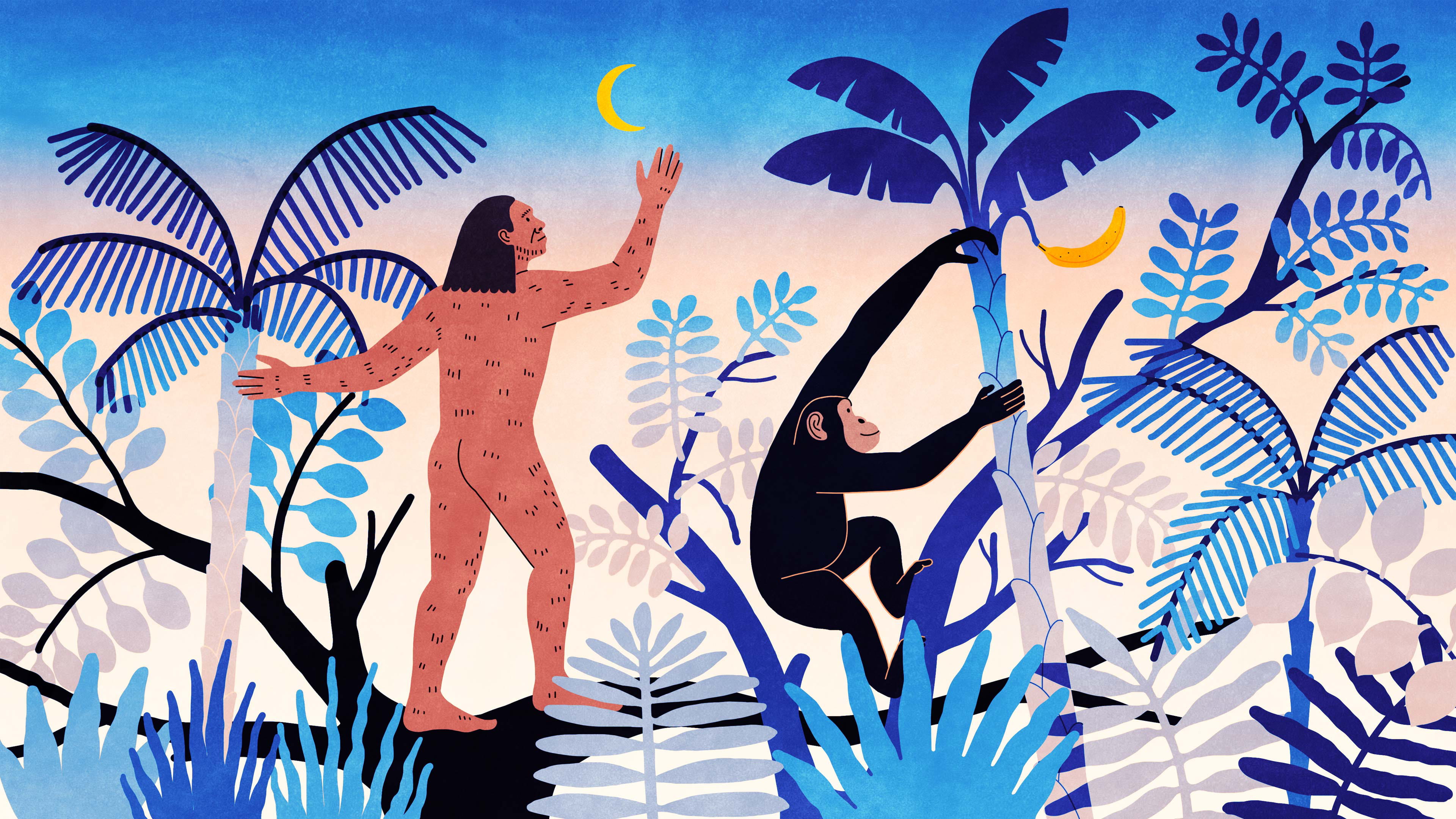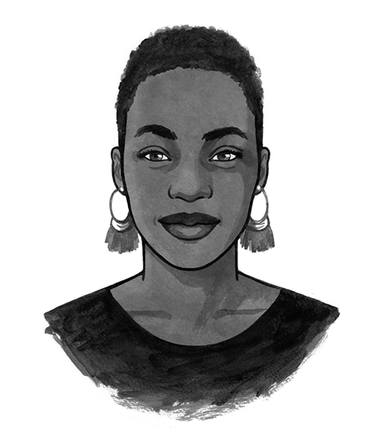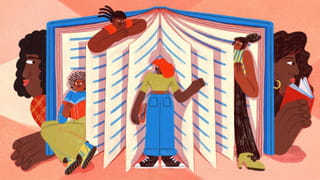When this year started showing its true colours – when we started to realise just how much trouble we might be in thanks to the coronavirus exposing the fault lines in our social order – there was a lot of conversation about the hidden opportunity in the midst of an overwhelming crisis.
“The Earth is healing,” we half-joked in social media posts from the dubious comfort of our beds. Our planet continued to turn on its axis uninterrupted, of course, but for all intents and purposes, the world had mostly stopped. Unexpectedly, billions of us had a chance to step off the hamster wheel and really look at the realities we were working so hard to sustain. And for a brief moment in the history of global capitalism, it felt like we could be on the cusp of a new way of life.
I, personally, have been desperate for a new way of life for the human collective for several years before this one. Realities are multiple, as I try to remind my readers often, but they aren’t all equal. And the overarching reality of my life is that it exists in a hierarchical system where I’m almost always much closer to the bottom than anywhere else.
There aren’t many spaces where I can feel like I can truly belong – that is, be safe while being seen; be supported while trying to live; be free from gratuitous harm justified by other people’s hatred and fear. Wherever I have found such spaces, it is because I or someone like me carved them out of this bigger reality. Someone decided to create a bubble inside (or outside) this hierarchy where there is a question mark at the end of the existence of people like me.
Worlds within this world
And so, books. Books have the power to make worlds within this world, worlds bigger than this world, worlds that put a fork in the road where there wasn’t even a road before. As we have worked through title after title in the past year via The Other Shelf, the imaginations of the selected authors have fed my courage, conviction and commitment to doing my part to do away with the injustice that is so inescapable in our world. I am thrilled to announce, therefore, that our last book selection for 2020 is one of the most imaginative books I have ever wanted to read.
To close out The Other Shelf for 2020, we’re going to be sinking our minds’ (and hearts’!) teeth into Minna Salami’s Sensuous Knowledge.
As an African feminist writer and public intellectual, Salami’s work is quite impressive – but precisely because of the way she perceives the world, she wouldn’t encourage you to value her based on her accomplishments or credentials. For over a decade, she has published essays, critiques and conversations that claim a centre completely different from the one the global hierarchy dictates.
A new way of life that so many are desperate for
In Sensuous Knowledge, she takes her years of intellectual inquiry a step further by offering a cohesive theory of social organisation and human value that could guide us to the new way of life that so many are so desperate for.
Exousiance, the theory of love and power that Salami expounds on in Sensuous Knowledge, argues that our current understanding of the world isn’t just incorrect; instead, it’s more that it is incomplete. According to her, Exousiance “interweaves the nonhuman natural world, feminist theory, mythopoetic imagery and social criticism” to offer ideas of power that aren’t inherently oppressive or abusive.
What would the world look like if we weren’t so wedded to domination, exploitation and violence? What if our understanding of ourselves came not from our ability to wield power over others, but rather from an informed connectedness to one another and our planet?
What if, instead of hoarding surplus and wasting resources while others go without, we abandoned a scarcity mindset in favour of abundance?
What if, instead of hoarding surplus and wasting resources while others go without, we abandoned a scarcity mindset in favour of abundance? What if we stopped thinking in binaries of “either/or”, and embraced the more expansive “both/and”? What if we learned to value not only logic, masculinity, and money, but also emotion, femininity and life?
Sensuous Knowledge, which Salami describes as a “progress book, and not a protest book”, demonstrates that the monopoly of Eurocentric, masculinist and disembodied voices in the intellectual arena is artificial. In the tradition of black feminist thought, it is a generous offering of imagination, courage and intellectual rigour. In this book, Salami offers readers new ways of thinking and being that nurture life, rather than exploit it. I am so incredibly eager to dive into it. I hope you will join me.
On , I’ll be discussing Sensuous Knowledge in a Zoom video call with Minna Salami: do you want to watch along? You can sign up here , and you can leave your questions / reflections under this article about the themes in the book which I have outlined above.
Dig deeper
 Sapiens: groundbreakingly original in the history it tells, predictably disappointing in the history it leaves out
I read Yuval Noah Harari’s self-described history of humanity to see if it had a place for someone like me. But although Harari’s bestseller promises a satellite view of human history, it has some very traditional blindspots.
Sapiens: groundbreakingly original in the history it tells, predictably disappointing in the history it leaves out
I read Yuval Noah Harari’s self-described history of humanity to see if it had a place for someone like me. But although Harari’s bestseller promises a satellite view of human history, it has some very traditional blindspots.


